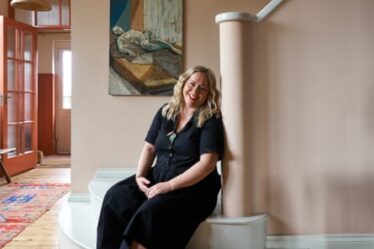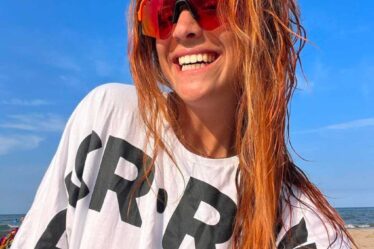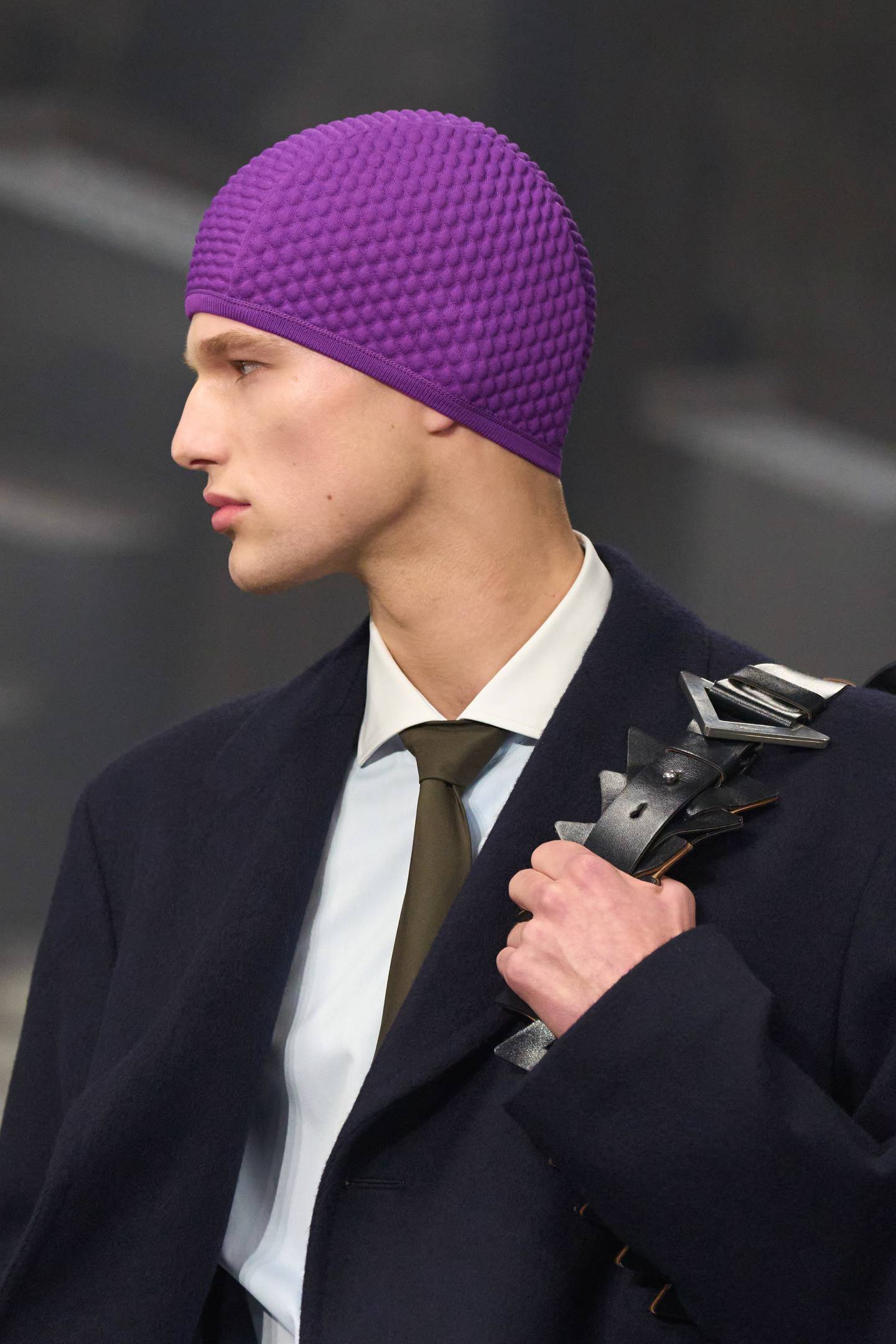
This week, amid rising uncertainty in the luxury market, Ermenegildo Zegna reported 20 percent organic growth in the fourth quarter, beating estimates and pushing full-year revenues to €1.9 billion ($2.1 billion).
Zegna’s mostly logo-free collections, including “triple-stitch” sneakers, silk and cashmere blended knits, got a boost last year from the “quiet luxury” boom: a TikTok trend fuelled by HBO’s “Succession” and wider fatigue with luxury logos whose prevalence in collections reached a crescendo during the pandemic. North American retailers sold 40 percent fewer heavily-logoed products in 2023 than in the year before, according to Trendalytics.
TikTok kids have since moved on, with the exaggerated glamour of “mob wives” and caked-on contoured makeup techniques of reality TV stars stealing the spotlight.
But rapid growth during the holiday season for logo-free brands, including Zegna and its LVMH-owned rival Loro Piana, suggest the “quiet luxury” boom is far from over. Loro Piana is “actually growing too fast, I would prefer to pump the brakes a bit,” LVMH chairman Bernard Arnault said in his annual results presentation last week. (The company does not break out sales for individual brands, but stay tuned for an in-depth interview with Loro Piana CEO Damien Bertrand next week on BoF).
Brunello Cucinelli struck a confident tone forecasting double-digit growth in 2024 after full-year sales soared 26 percent at constant exchange rates, topping €1 billion. “The opening of sales for spring-summer 2024 is very positive… helping to make our growth expectation of around 10 percent for 2024 absolutely concrete,” the company said.
Wider luxury growth slowed dramatically last year, rising 4 percent compared to a 22 percent increase in 2022. Aspirational shoppers, whose luxury fashion spend exploded during the pandemic, have been recalibrating their spending as they cope with inflation, rising interest rates and the return of experiences like restaurants and travel.
In this context, brands are ramping up their efforts to attract and retain the biggest spenders, whose budgets are more insulated from economic strain.
High-End Momentum
While it’s a myth that the rich snub obvious branding — their ranks are made up of some of luxury’s most conspicuous clients as well as devotees of “stealth wealth” designs — high-net-worth clients are more likely to have already stocked their closets with logo-driven items like Dior Book Totes and Chanel necklaces. So the opportunity for brands is often about getting them to buy more deeply into collections with unbranded staples like silk T-shirts and vicuna baseball caps, or upselling them to categories like high jewellery where pink diamonds signal wealth more powerfully than a logo ever could.
Read BoF’s Case Study: How Brands Sell Luxury to the 1%
As high-end clients drive the market, parts of the entry-level business continue to suffer: package tours to Europe have yet to bounce back from the pandemic. Indeed, the buses ferrying entry-level luxury shoppers to Paris’ Galeries Lafayette to snap up monogrammed canvas bags, card holders and other logoed souvenirs remain a rare sight.
But less-wealthy shoppers aren’t immune to logo fatigue, nor do they necessarily need logos to signal taste and status. The explosion of fashion content on social media has created a generation of clients able to identify strategically placed stitches (Margiela), bent nail bracelets (Cartier), inverted triangles (Prada) and cannage quilting (Dior).
Long Live Quiet Luxury
A post-streetwear rise in items like loafers and tailoring could also keep eating into the budgets consumers might have spent on conspicuous bags a few years ago (not to mention economic pressures like the return of student loan payments in the US). Sartorial categories like neckties and gloves also made a marked comeback on the runway this season, further fuelling the push toward a more formal (read: expensive), logo-free silhouette. And even as the “quiet luxury” trend wanes online, rising obsessions like “grandpacore” and officewear (“corpcore”) have significant overlap with the buzzy trend that helped drive the market last year.
THE NEWS IN BRIEF
FASHION, BUSINESS AND THE ECONOMY
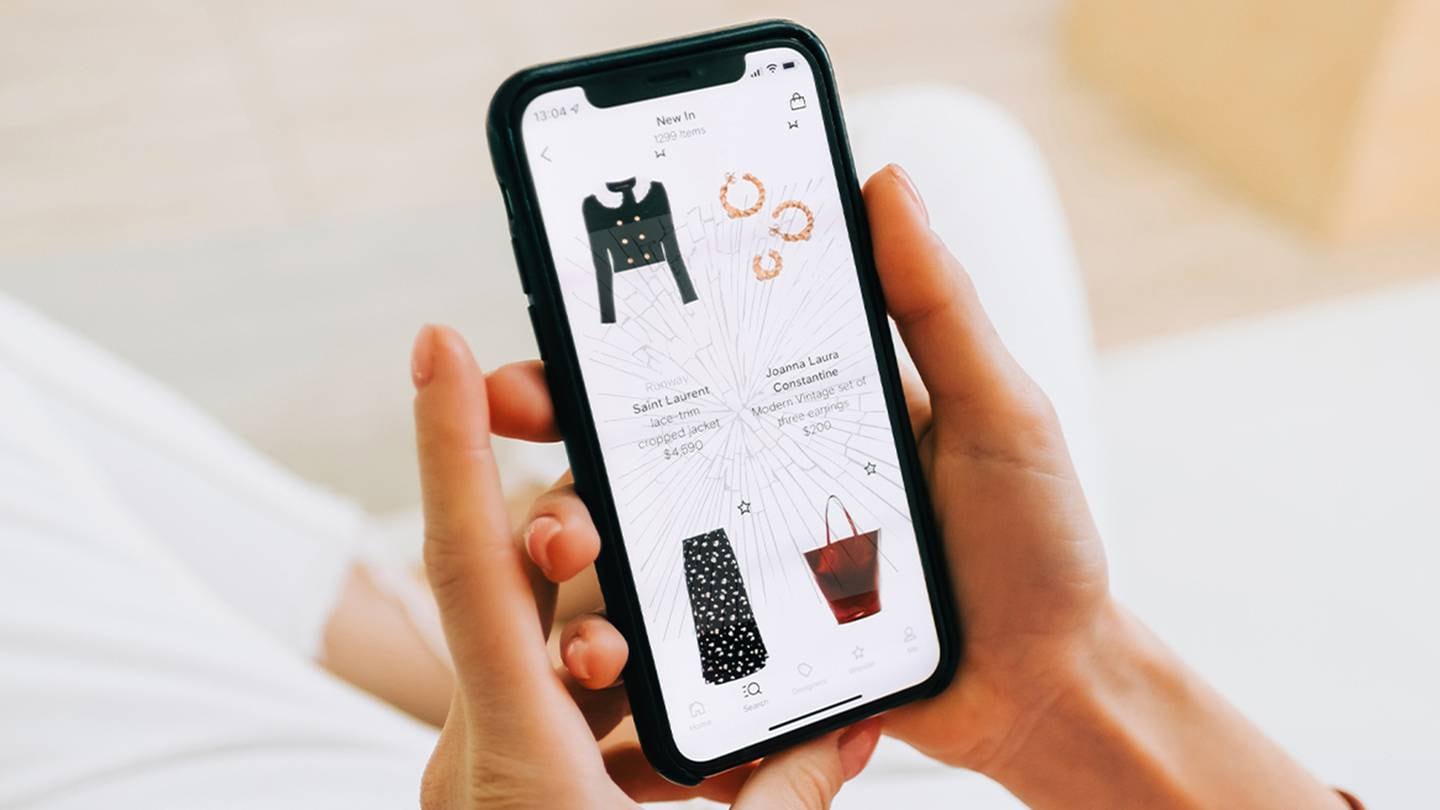
South Korea’s Coupang completes Farfetch acquisition. The deal included a $500 million bridge loan for Farfetch to avoid bankruptcy and wiped out all of the luxury e-tailer’s equity holders, including the company’s employees. It’s unclear what will happen to the many businesses Farfetch acquired over the years.
Amer Sports’ China reliance weighs in 2024′s first big IPO. Most of the company’s sales come from the Americas and Europe but sales in China have been rising much faster. Amer Sports raised $1.37 billion in a discounted US initial public offering.
Adidas plans more Yeezy sales after €1 billion currency hit. The company expects to generate an operating profit of around €500 million ($542 million). Adidas will sell remaining Yeezy inventory at cost, generating sales of €250 million, rather than writing it off.
Canada Goose rides on China luxury recovery to forecast strong quarter. US-listed shares of the company jumped 11 percent in premarket trading. Revenue in Asia-Pacific surged 62 percent in the third quarter, driven by an improvement in tourism and strong sales during Singles’ Day in Greater China.
Zegna group sales up 28 percent in 2023. Revenues hit €1.9 billion ($2.1 billion) for the 12 months through December 2023, up 27.6 percent year-on-year at constant exchange rates. The consolidation of the Tom Ford fashion business into the group in April added an additional €236 million in sales for the full year.
Hermès expands in Hong Kong, betting on the return of luxury shoppers. The three-floor store in Causeway Bay’s Lee Gardens is undergoing renovations and is expected to reopen around mid-year with a much larger area. As part of the expansion, Hermès has taken over a neighbouring store on one floor.
Superdry founder Dunkerton explores taking retailer private. Superdry has consented to Dunkerton’s request to begin exploring an offer and he is in talks with potential finance providers. Superdry’s current valuation is around £41.7 million ($53.2 million), including the 26 percent stake that Dunkerton already holds.
German department store KaDeWe files for insolvency to escape Signa rents. While the stores are operationally healthy, rental burdens, which have risen almost 37 percent since 2019, are harming profitability, chief executive officer Michael Peterseim said.
Swiss watch exports slowing after a record run. Exports of timepieces hit 26.7 billion Swiss francs ($30.9 billion) in 2023. The rate of sales growth, however, slumped to 3.6 percent in the second half of the year from 11.8 percent in the first half.
Shayne Oliver’s Anonymous Club heads to Berlin Fashion Week. On Feb. 5, Oliver will stage a fashion show for the creative collective he helped launch in 2022. Called Intervention, it will mix shows with fashion, art installations, retail pop-ups and presentations under one roof.
THE BUSINESS OF BEAUTY
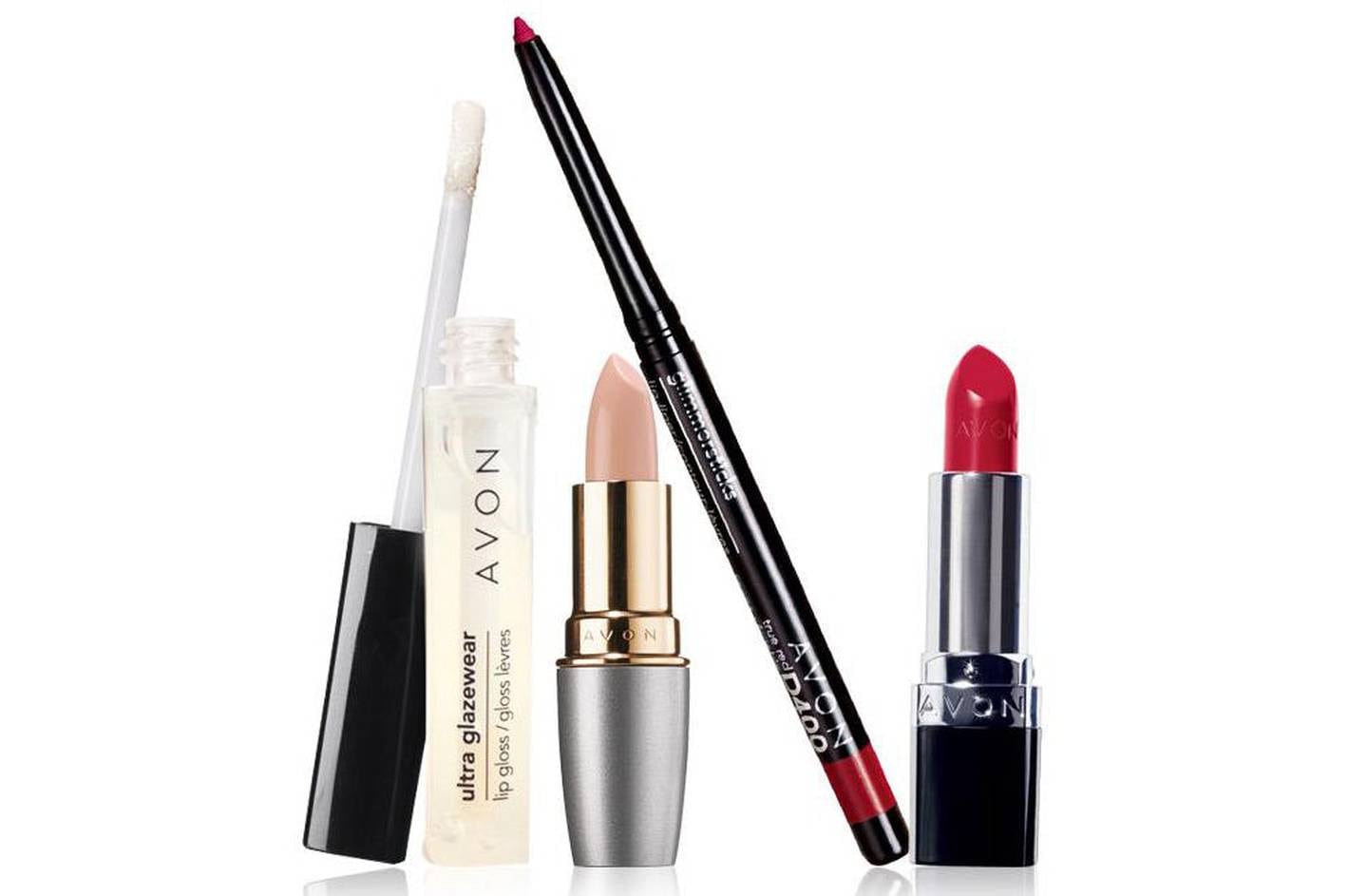
Avon is still recruiting in Russia. The company had said in March 2022 that it was halting investment in Russia. Parent company Natura & Co said it would only maintain local product operations in support of individual sellers, a BBC investigation found.
EU to force beauty companies to pay to reduce microplastic pollution. Under the “polluter pays principle,” cosmetics companies will have to cover over 80 percent of the extra costs needed to get rid of tiny pollutants. The new rules have been agreed upon by the European parliament but have not yet been formally adopted.
Manzanita Capital acquires D.S & Durga. David and Kavi Moltz, the brand’s founders, will remain in their existing leadership roles, and initial investors Monogram Capital are still shareholders. Funds raised will be used to expand D.S & Durga’s retail footprint, hiring new talent and for international expansion.
A.P.C launches beauty line. The French brand will launch with six products priced between $20 and $85. Private equity firm L Catterton purchased a majority stake in A.P.C. in March 2023.
Period care brand Lola acquired by Forum Brands. CEO Amy Fisher has departed the brand. Forum Brands said immediate priorities include growing Lola’s omnichannel footprint.
Hostages rescued and armed man detained at P&G factory in Turkey. The Kocaeli governor’s office said the hostages were unharmed, adding that the operation to rescue them was launched after negotiations with the suspect failed. The hostages were six men and a woman, media reports said.
PEOPLE
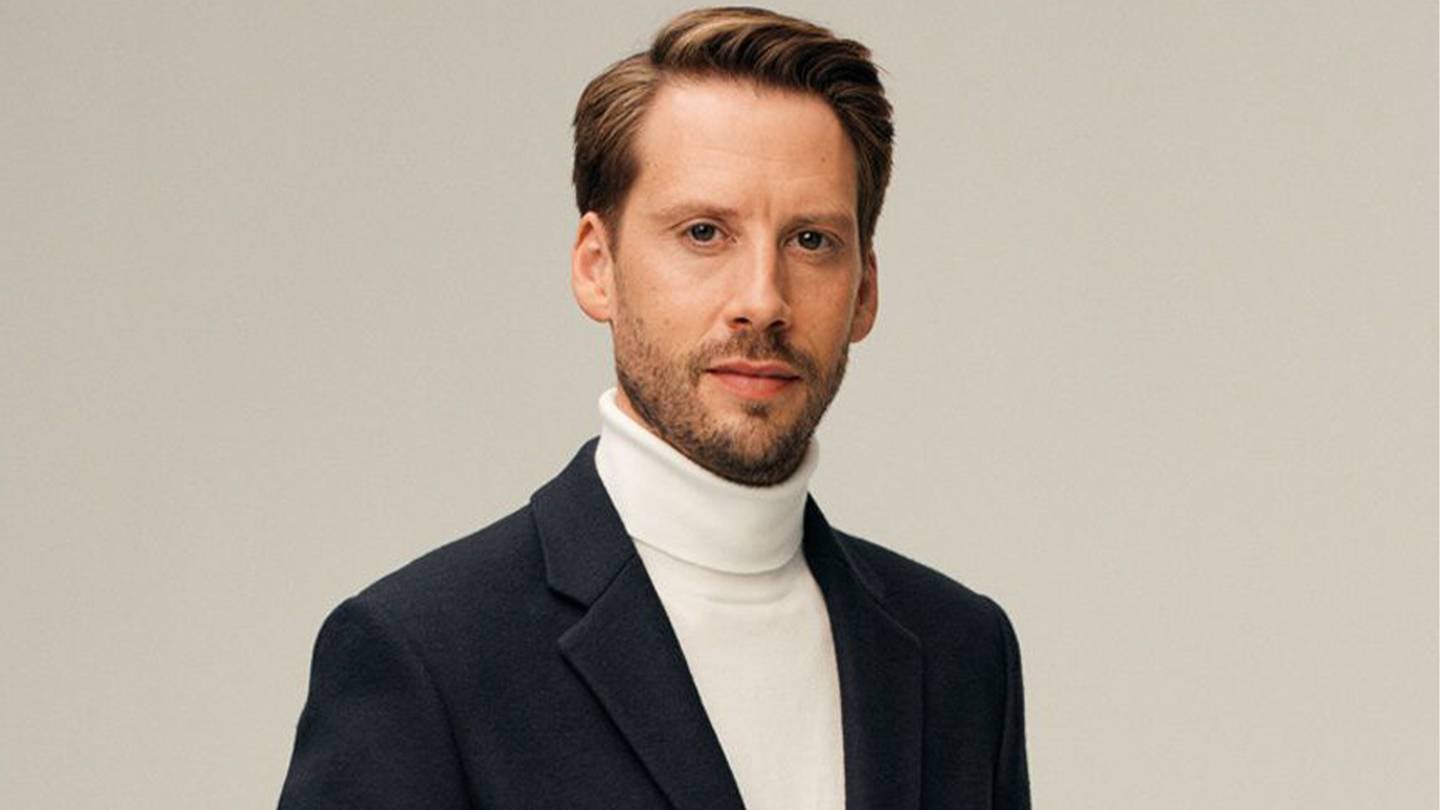
H&M names new CEO in surprise move. H&M’s former CEO unexpectedly quit and company veteran Daniel Ervér took over with immediate effect. Shares in the Swedish fashion retailer dropped 8 percent following the news.
Moschino names Adrian Appiolaza as creative director. Appiolaza will oversee women’s, men’s and accessories collections with his first collection debuting at Milan Fashion Week in Feb. 22. He joins from Loewe where he spent a decade working under Jonathan Anderson.
Tiger Woods to unveil ‘next chapter’ after Nike deal. The golfer has been linked with American golf equipment brand TaylorMade since December, when the company filed a trademark called “Sunday Red.” Woods’ announcement will be made at a press conference in Los Angeles.
Ronnie Chan to step down from Hang Lung Group. The property tycoon’s son Adriel Chan will take over as chairman of the major Chinese shopping mall developer. The change will go in effect after a general meeting scheduled for April 26.
Philippe Pinatel joins Merit Beauty as CEO. The industry veteran will succeed founder Katherine Power and joins from MAC Cosmetics. Power will retain her role as the brand’s chairperson.
Rhode names Nick Vlahos as CEO. Vlahos joins from The Honest Company where he was chief executive. He succeeds Lauren Ratner, who left the business in December 2023.
MEDIA AND TECHNOLOGY
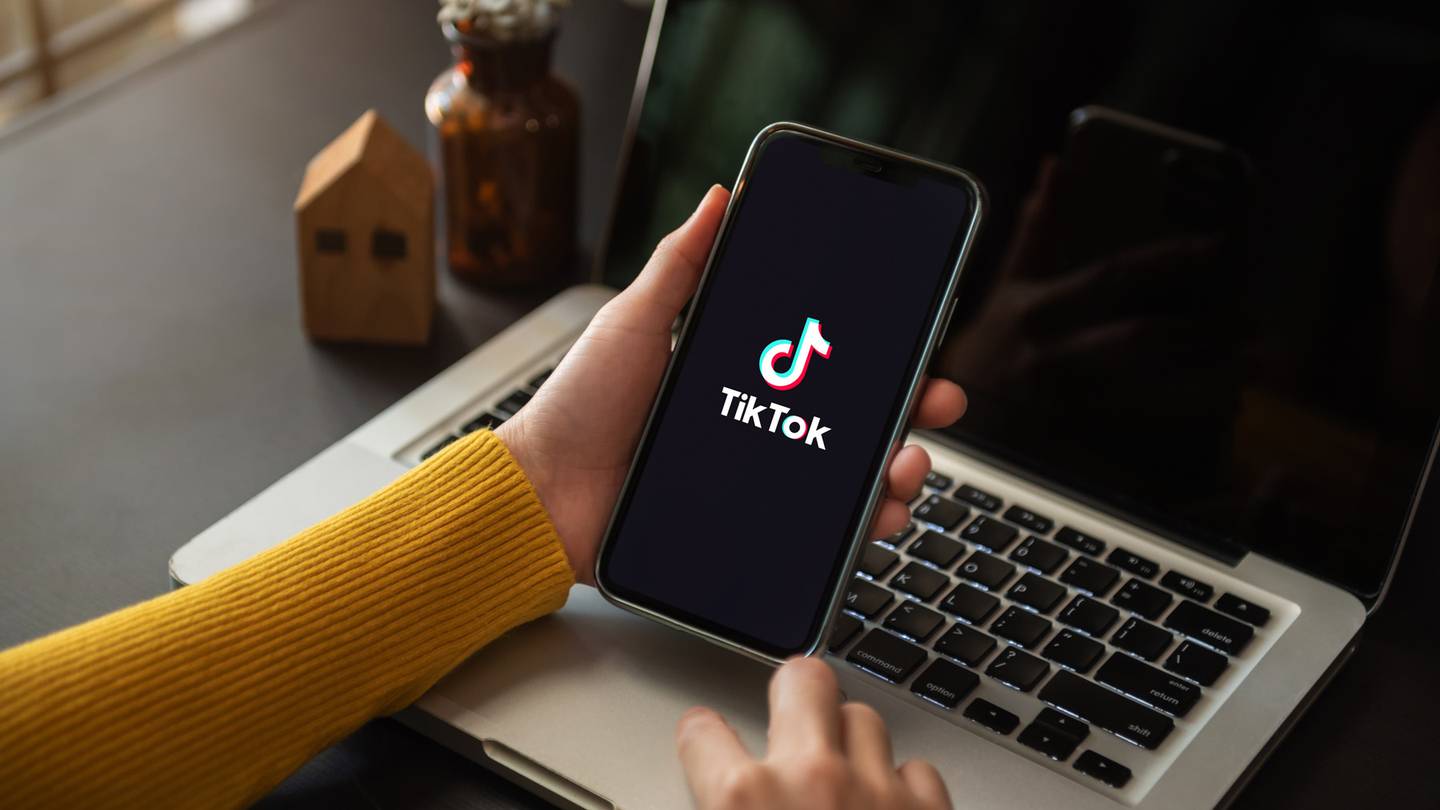
TikTok tests feature that could make all videos shoppable. The new feature uses technology to identify objects in a video automatically. Then, it encourages viewers to “find similar items on TikTok Shop.”
TikTok completes deal for Indonesia’s top e-commerce platform. GoTo said TikTok had completed a deal in December to buy 75.01 percent of Tokopedia for $840 million from the conglomerate. Under the deal with GoTo, TikTok Shop’s Indonesia business will be injected into the enlarged Tokopedia entity.
Compiled by Yola Mzizi.


